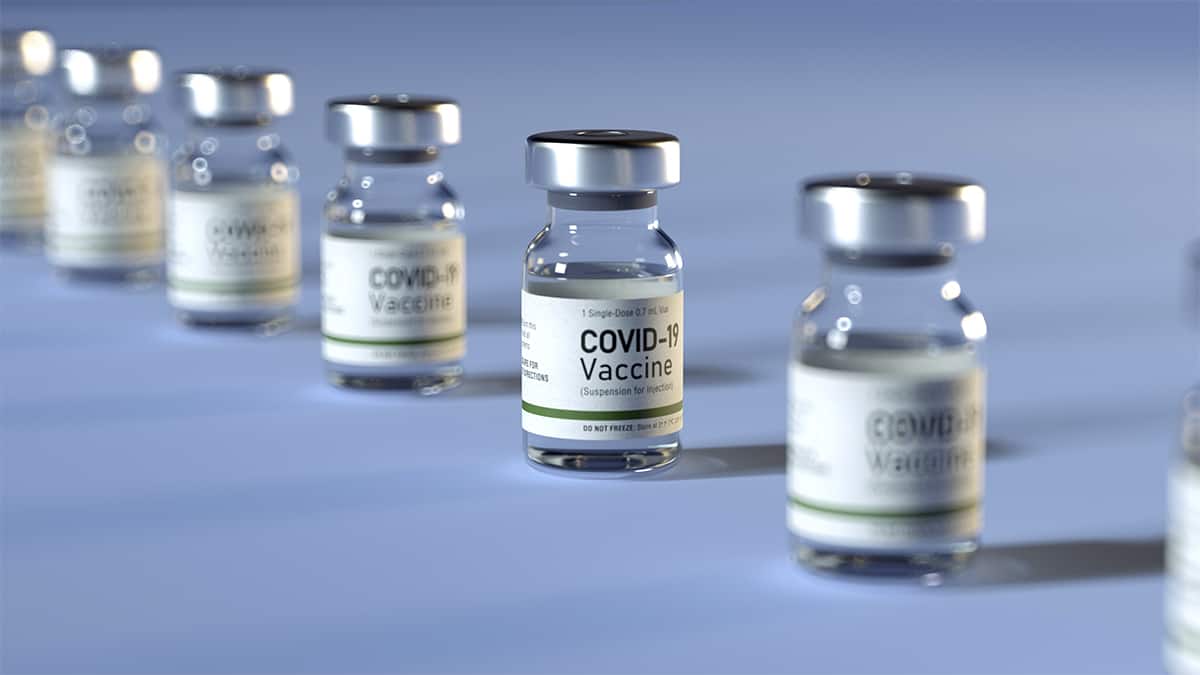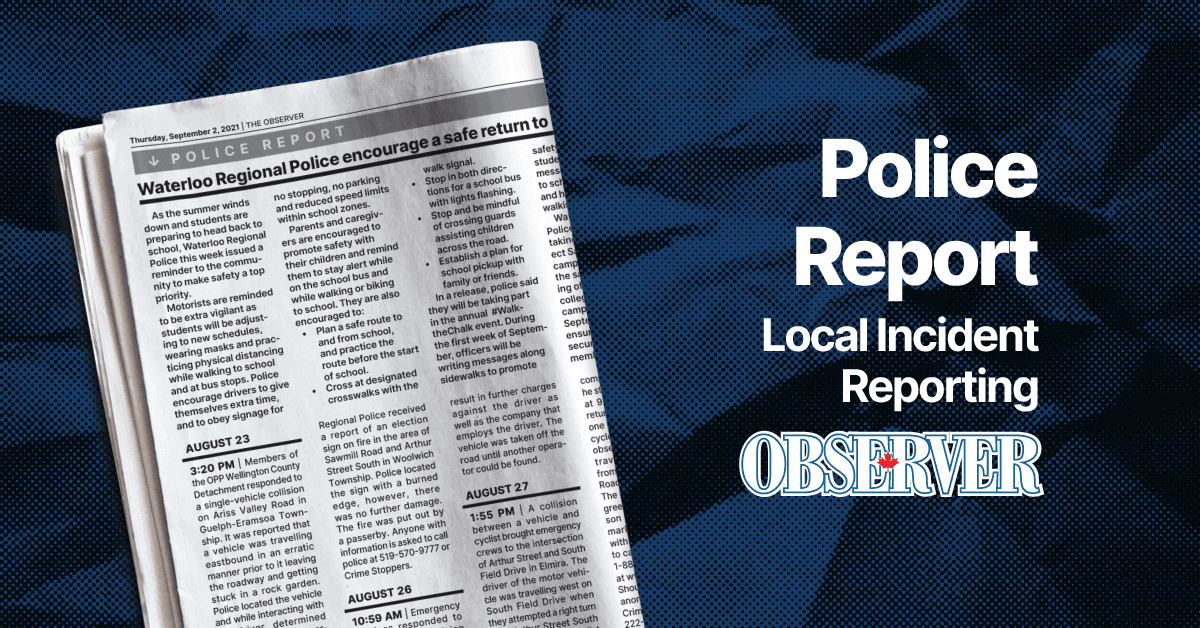Along with adjustments for the fourth wave of the COVID-19 virus, local public health officials are also gearing up for a new vaccine passport system announced last week by Premier Doug Ford.
The new system will require patrons of restaurants, theatres, movie houses and similar public settings to provide proof of vaccination. The province is still working out the details.
“As the world continues its fight against the Delta variant, our government will never waver in our commitment to do what’s necessary to keep people safe, protect our hospitals and minimize disruptions to businesses,” said Ford in a release. “Based on the latest evidence and best advice, COVID-19 vaccine certificates give us the best chance to slow the spread of this virus while helping us to avoid further lockdowns. If you haven’t received your first or second dose of the COVID-19 vaccine, please do so today.”
The vaccination message is one repeated by local health officials.
“Ontario is in the fourth wave, which is effecting all age groups so we need to limit the number of contacts we have and continue to achieve the highest vaccination rates possible. In our local trends, we are now starting to see some increases to our daily reported cases; hospitalizations and outbreaks remain relatively stable at this time,” said Dr. Rabia Bana, Waterloo Region’s associate medical officer of health, during the weekly pandemic briefing September 3.
The need for people to get vaccinated becomes more pressing with the spread of the Delta variant, she added.
“The Delta variant is twice as transmissible as the original COVID-19 virus. This can spread rapidly and cause more severe illness – the risk of hospitalization is two to three times higher with Delta compared to the initial virus.
“The majority of hospitalizations, 72.2 per cent, were unvaccinated or partially vaccinated – two cases had a fatal outcome and both of these were unvaccinated,” Bana said of incidents in the past month. “This week new modeling was released by the Ontario COVID-19 science table which projects a substantial fourth wave – unless we are able to reduce transmission and accelerate vaccination, there will be significant impacts on our healthcare system capacity.”
Eighty per cent of eligible residents in the region are now fully vaccinated; just shy of 87 per cent have received at least one dose.
At midweek, there were 169 active cases of COVID-19 in the region, up 15 from a week earlier. Officials are monitoring outbreaks in three locations, down from six at this point last week. One person succumbed to the disease in the past week, bringing the total to 290 since the pandemic began.
The numbers continue to spike in neighbouring Wellington-Dufferin-Guelph, with the midweek total at 135 active cases, up from 105 a week earlier. There have been a total of 126 fatalities since the pandemic began, unchanged over the last seven weeks.
The province continues to see growth in the total number of cases, and at a higher rate than in recent weeks, with the tally now at 571,000, up about a 5,000 in the past week.
There have been 9,553 deaths attributed to the virus – up 50 over the week before – representing a mortality rate of 1.7 per cent. The ministry reports 555,000 cases (97.2 per cent) have been resolved.
The latest numbers from Health Canada show 37,000 active cases nationwide, up about 6,000 from a week earlier. The cumulative total of confirmed cases now stands at 1,525,646, with 27,067 related deaths, a mortality rate of 1.8 per cent.









